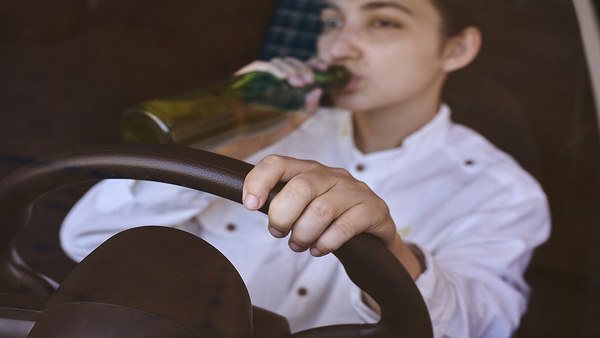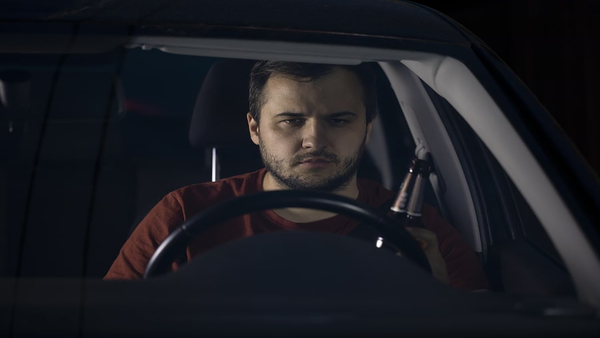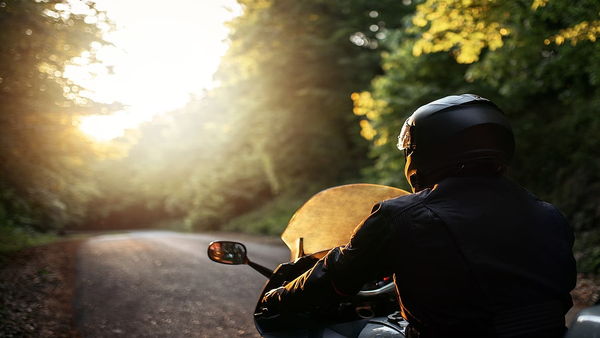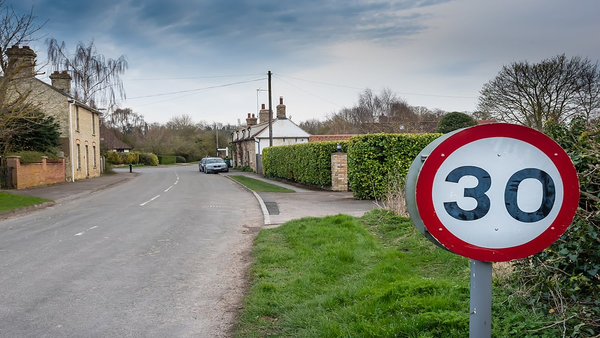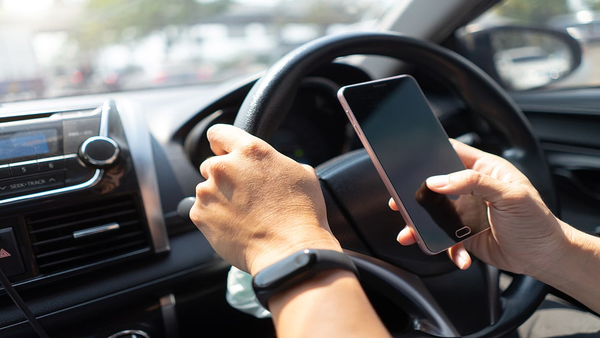Driving under the influence: the law
Drink- and drug-driving is classed as ‘dangerous driving’, which is one of the most serious motoring offences.The Road Traffic Act defines dangerous driving as when ‘the way you drive falls far below what would be expected of a competent and careful driver, and it would be obvious to a competent and careful driver that driving in that way would be dangerous’.
Dangerous driving includes ignoring road signs, racing others, or using a car that’s unsafe. It also covers driving while tired, injured, or when medicated.
Read more in ‘What counts as careless or dangerous driving?’
Penalties for driving when impaired by drink
There are strict limits on how much alcohol you can have in your system while driving. When the police believe you’re driving while under the influence, they’re legally allowed to request a test – and you’re legally obliged to give one.In England and Wales, the limits are:
- 35 micrograms of alcohol per 100ml of breath
- 80 milligrams of alcohol in 100ml of blood
- 107 milligrams of alcohol per 100ml of urine
Should you drift past this limit, you can expect some heavy penalties. However, penalties will vary depending on the magistrate who hears your case, your circumstances, and the severity of the offence.
The Sentencing Council notes that, ‘If the offence was drive/ attempt to drive, the driver will also lose their licence for at least 12 months. The court may offer a reduced ban if the driver completes a drink-drive rehabilitation scheme (DDRS) course.’
If you’re found to be ‘in charge’ of a vehicle while drunk, you could get up to:
- 3 months in prison
- A maximum £2500 fine
- 12-month driving ban
- 11 points on your licence
If you’re found guilty of drinking while drugged or drunk or if you refuse to take a blood, breath, or urine analysis, you can receive a maximum of:
- 6 months in prison
- An unlimited fine
- 12-month driving ban – rising to three years if you’re convicted twice in 10 years
- 11 points on your licence
If you’ve caused a death while driving under the influence of drink or drugs, the maximum penalties rise to:
- 14 years in prison
- An unlimited fine
- Minimum two-year driving ban – high-risk offenders won’t get their licence back
- 3 to 11 points on your licence
- An extended compulsory re-test
The difference between ‘in charge’ and driving a vehicle
Maximum penalties differ depending on whether you’re found guilty of being in charge of a vehicle or driving a vehicle. There’s no strict legal definition of the term ‘in charge’ – but usually it means when you’re found to have recently driven the vehicle, or if you’re in a car you don’t own and show a clear intention of driving, e.g. you have the keys to the car in your hand.Penalties for drug-driving
When the police suspect you’re driving while on drugs – both illegal and legal medication if it impairs your ability to drive – they can ask you to perform a series of ‘field impairment assessments’, such as walking in a straight line. They may also test you for cocaine and cannabis.By declining to perform a drugs test when asked, you’ll be liable to receive the same stiff penalties as with drink-driving.
When you’re charged with driving while using drugs, this offence is listed on your licence for 11 years.
You’re also looking at:
- A minimum 12-month driving ban
- An unlimited fine
- 6 months in prison
- A criminal record if using illegal drugs
Speak to a driving offence solicitor
A drink-driving or drug-driving charge can have a major impact on your life. If you’re found guilty, you’ll need to declare your criminal record, your insurance premiums will rise and you may not be able to travel to other countries like America. Losing your licence could also mark disaster when you rely on using a vehicle for work (since your employer can dismiss you) or to care for someone.Because of the seriousness of a drink-driving or drug-driving offence, you should find a solicitor as soon as possible. It doesn’t matter whether you accept the charge or plan to mount a defence – a driving offence solicitor will be able to guide you through the legal process and help mitigate action taken against you.
The Law Superstore lets you find the legal experts best suited to support you – whatever your budget and whatever help you need.

